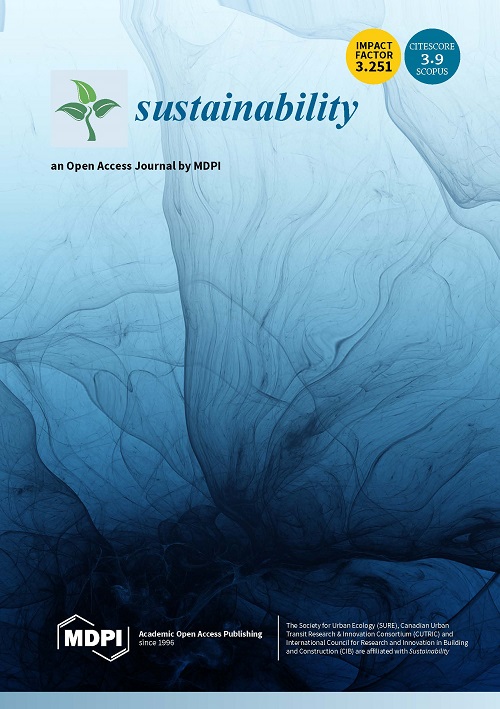DOI:
https://doi.org/10.1079/9780851994352.0221Score Altmetric:
Dimensions Nombre de citations:
Année de publication
2001
Auteurs
Tomich T P; Budidarsono S; Gillison, A.N.; Kusumanto T; Murdiyarso D; Stolle S F; Fagi, A.M.; van Noordwijk, M.
Langue
English
Mots clés
agricultural practices, deforestation, shifting cultivation, land use, decision making, technology, markets, technology transfer, innovation adoption, environmental factors
Géographique
Indonesia

















